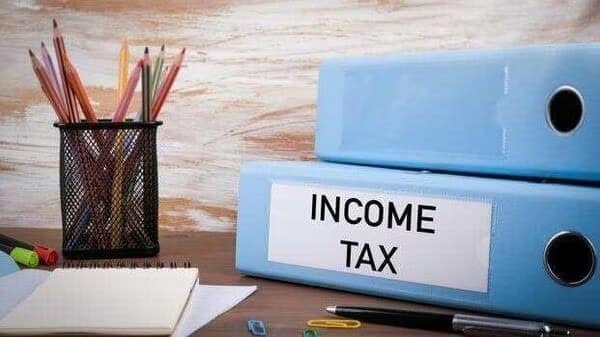
The new income tax bill is expected to be implemented from next year. The government has introduced this bill in the Lok Sabha. It has been sent to the Standing Committee of Parliament on Finance, which will discuss it extensively. The government has introduced this bill to make income tax rules easier. Therefore, many provisions related to tax will change from next year. However, tax and tax rates are not going to change.
No change in deduction limit in section 80C
Tax experts say that there is no change in special tax like tax rates, slabs and capital gains tax in the New Income Tax Bill. In this, an attempt has been made to make the language and compliance of income tax rules easier. A major change is going to happen in the deeds found under section 80. In the Old Reizim of Income Tax, this section provides deduction of up to Rs 1.5 lakh in a financial year under this section.
Discussions will be available under section 123 from next year
Under Section 80C, a deduction of up to Rs 1.5 lakh can be made by investing in about a dozen investment options including Tax Plan (ELSS), PPF, Life Insurance Policy, NPS of mutual funds. Deduction is also available under this section under tuition fees up to two children. In the new bill of income tax, deductions found under section 80C have been brought under section or clause 123.
There will be a total of 536 sexes in the new income tax system
Mayank Mohanka, founder-director of Tax Consultancy firm Taxram Taxram.com, said, “Section 123 in the new Income Tax Bill will replace section 80C of the current Income Tax Act.” The new income tax bill is 622 pages. It has 536 sexes. There are 298 sexes in the Income Tax Act, 1961. It has 823 pages. Experts say that the new Income Tax Act is likely to be implemented from April 1, 2026.
Both regimens of income tax will remain
Some taxpayers have confusion about tax reizards in the new income tax bill. Tax experts say that even after the new income tax bill is implemented, the system of the new regim and old regimen will continue. You can use either of both individual taxpayers. There is no change in tax rates and provisions on short -term capital gains and long term capital gains.